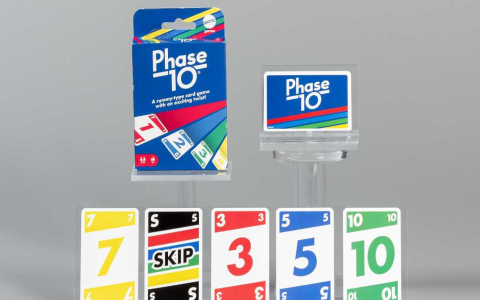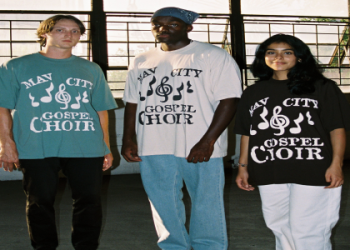Today, I bumped into this phrase “pony up” in the New York Times, and I was like, “What the heck does that even mean?” I mean, I read a lot, but this one was new to me. So, I did what any curious person would do – I started digging.

First, I hit up a few online dictionaries. You know, the usual ones. They all pretty much said the same thing: “pony up” means to pay money, to settle a debt, or to pay what you owe. One dictionary even mentioned it’s mostly used in North America and it’s kind of informal. That made sense, given where I saw it.
Then, I dove a bit deeper. I wanted to know where this weird phrase came from. Turns out, it might have roots in the German word “poniren,” which also means “to pay.” I also found out that “pony” used to be British slang for a small amount of money way back in the 1800s. Who knew, right?
Next, I started looking at examples of how people use “pony up” in sentences. I found a bunch, like “Each guest had to pony up $40 for the meal.” That really helped me understand the phrase better. It’s not just about paying, it’s about paying up for something specific, like a bill or a share of something.
So, after all this digging, I finally got a good grasp of what “pony up” means. It’s a simple phrase, but it’s got an interesting history. Now, whenever I see it, I’ll know exactly what’s going on. Plus, I can impress my friends with my newfound knowledge of obscure American slang!
- Started with the basics – dictionaries.
- Moved on to the etymology, the origin story.
- Checked out real-life examples.
- Finally, understood the whole thing.
- Now I can use it myself!
It just goes to show, you’re never too old to learn something new, even if it’s just a slang phrase. And hey, it’s kind of fun to play detective with words sometimes, don’t you think?



















